11 Home Remedies You Should Never Try When You Get Sick
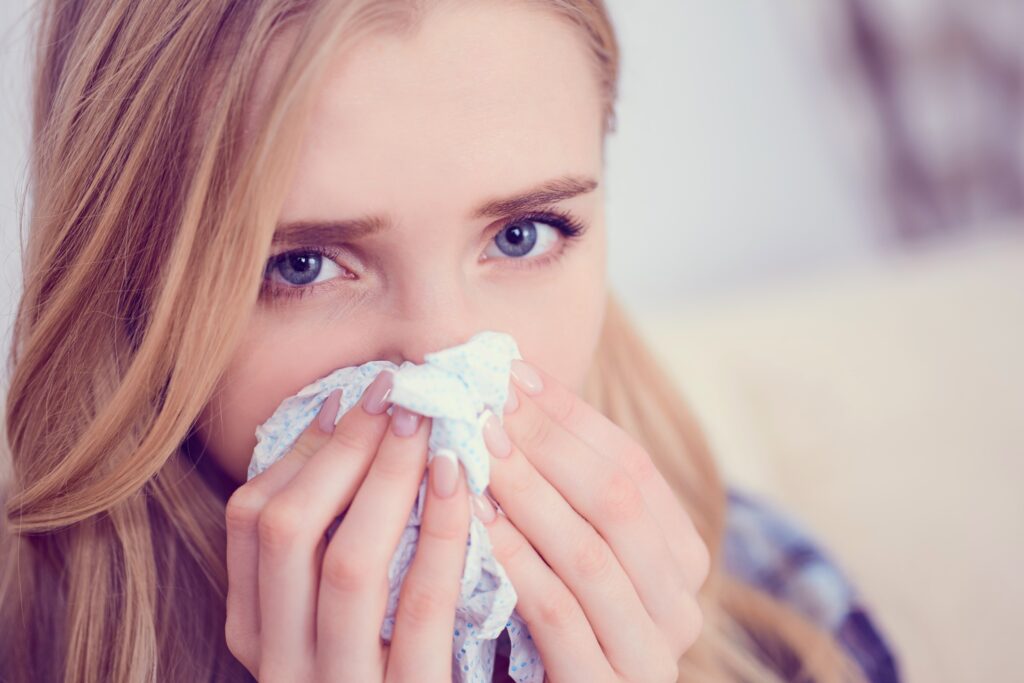
In an era where quick fixes and natural remedies are more popular than ever, the allure of home treatments for common illnesses is understandable. However, not all home remedies are safe or effective, and some can be downright dangerous. While the internet is a treasure trove of health hacks and wellness tips, it’s crucial to approach self-treatment with caution. Here are 11 home remedies you should steer clear of when you’re feeling under the weather.
1. Colloidal Silver
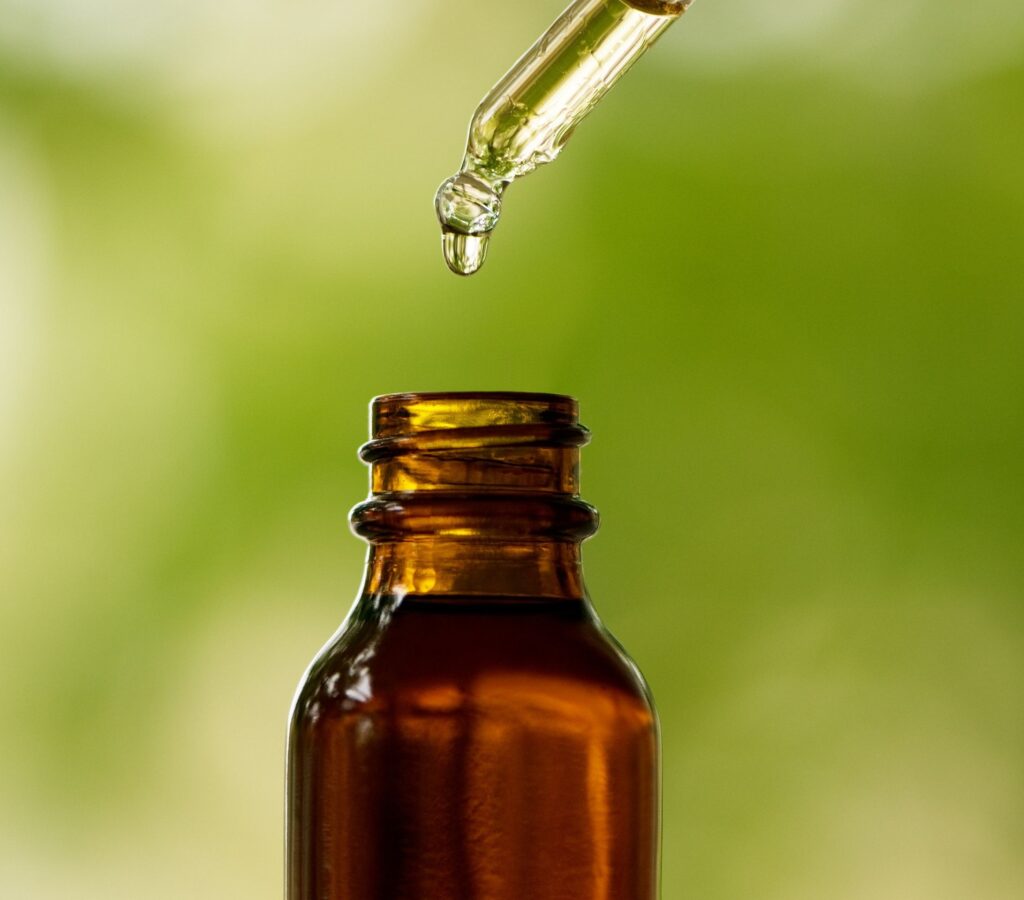
Colloidal silver has been touted as a cure-all for various ailments, from colds to bacterial infections. Despite its popularity in some circles, scientific evidence supporting its effectiveness is scant. Worse, colloidal silver can lead to argyria, a condition that turns your skin a permanent shade of blue-gray. The risks far outweigh any unproven benefits, making this remedy one to avoid.
2. High Doses of Vitamin C

While vitamin C is essential for overall health and immune function, the myth that megadoses can cure the common cold is unfounded. Excessive intake of vitamin C can lead to digestive distress, including severe diarrhea and stomach cramps. Sticking to the recommended daily allowance is the best way to harness this vitamin’s benefits without risking adverse effects.
3. Raw Garlic Consumption
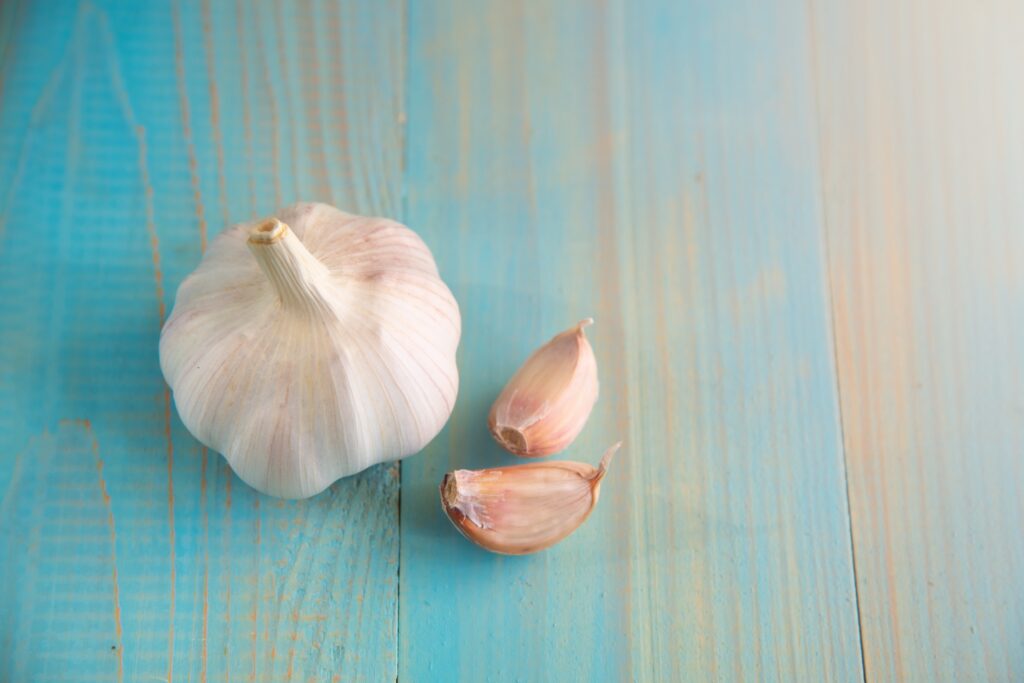
Garlic is known for its antimicrobial properties, but eating raw garlic in hopes of blasting away a cold can cause more harm than good. Raw garlic can irritate the digestive tract, leading to heartburn and indigestion, especially when consumed in large quantities. While it can be a healthy addition to your diet in moderation, relying on it as a cure is ill-advised.
4. Essential Oils Ingestion
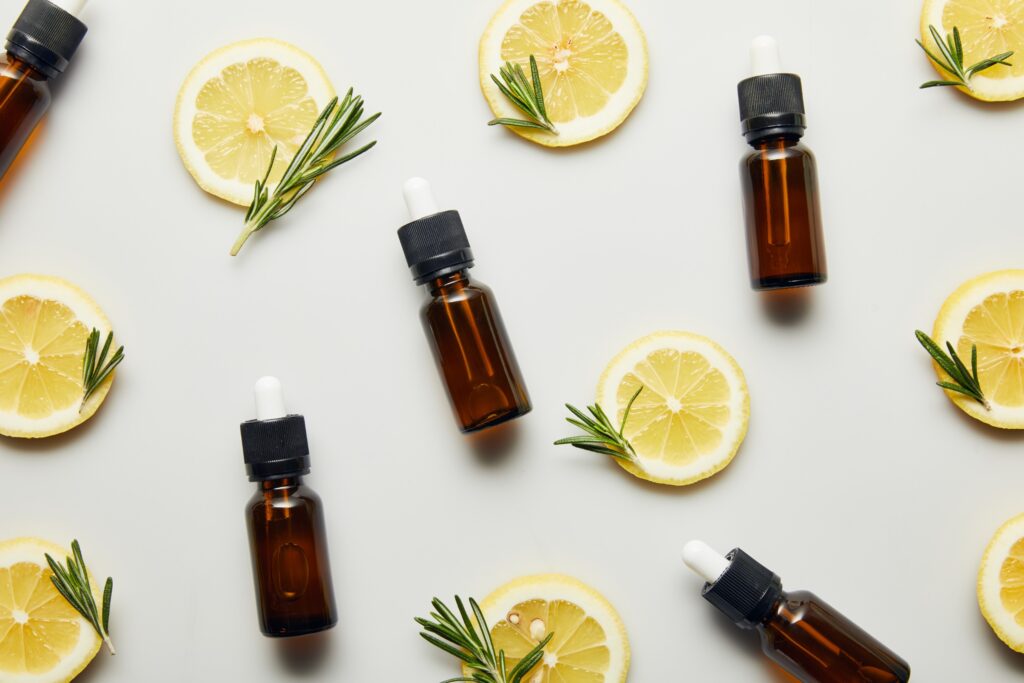
Essential oils have gained immense popularity for their aromatic and therapeutic properties. However, ingesting these potent oils can be hazardous. Many essential oils are toxic when swallowed, potentially leading to serious health issues like liver damage and seizures. Always use essential oils according to safe guidelines, which typically exclude ingestion.
5. Alcoholic Beverages

Some old wives’ tales suggest that a stiff drink can fend off a cold or the flu. Not only does alcohol dehydrate the body, but it can also weaken your immune system, making it harder for your body to fight off infections. It’s best to keep alcohol consumption to a minimum when you’re sick and focus on staying hydrated with water and herbal teas.
6. Starve a Fever, Feed a Cold
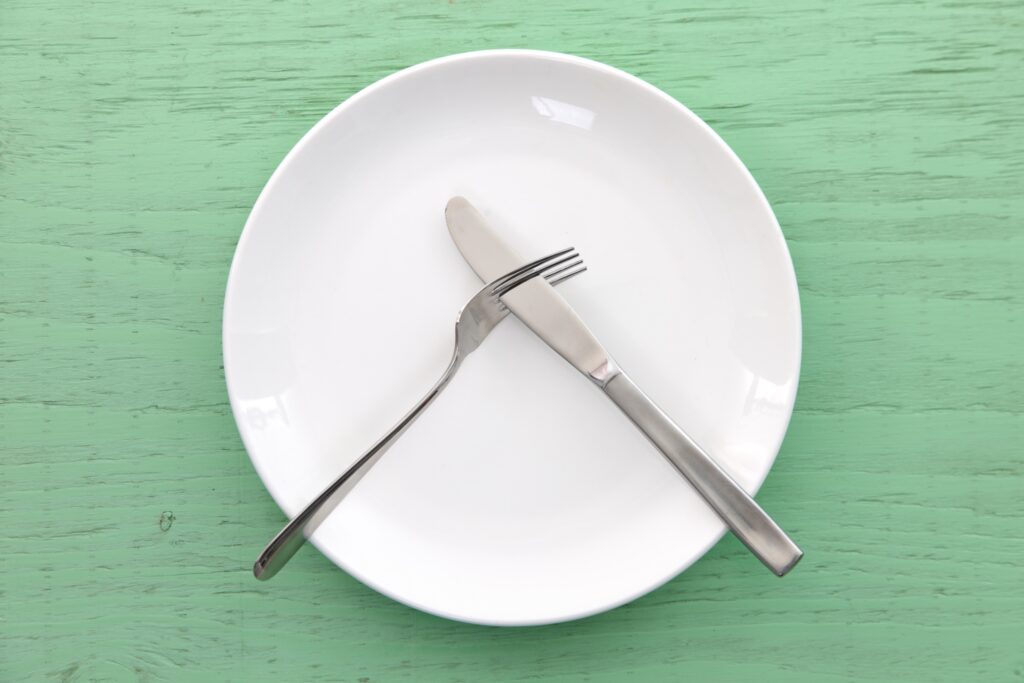
The saying “starve a fever, feed a cold” has no scientific backing and can be detrimental to your health. When you’re sick, your body needs more energy to fight off the illness, and depriving it of nutrients can hinder recovery. It’s essential to maintain a balanced diet and listen to your body’s needs, whether you have a fever or a cold.
7. Hydrogen Peroxide Ear Drops
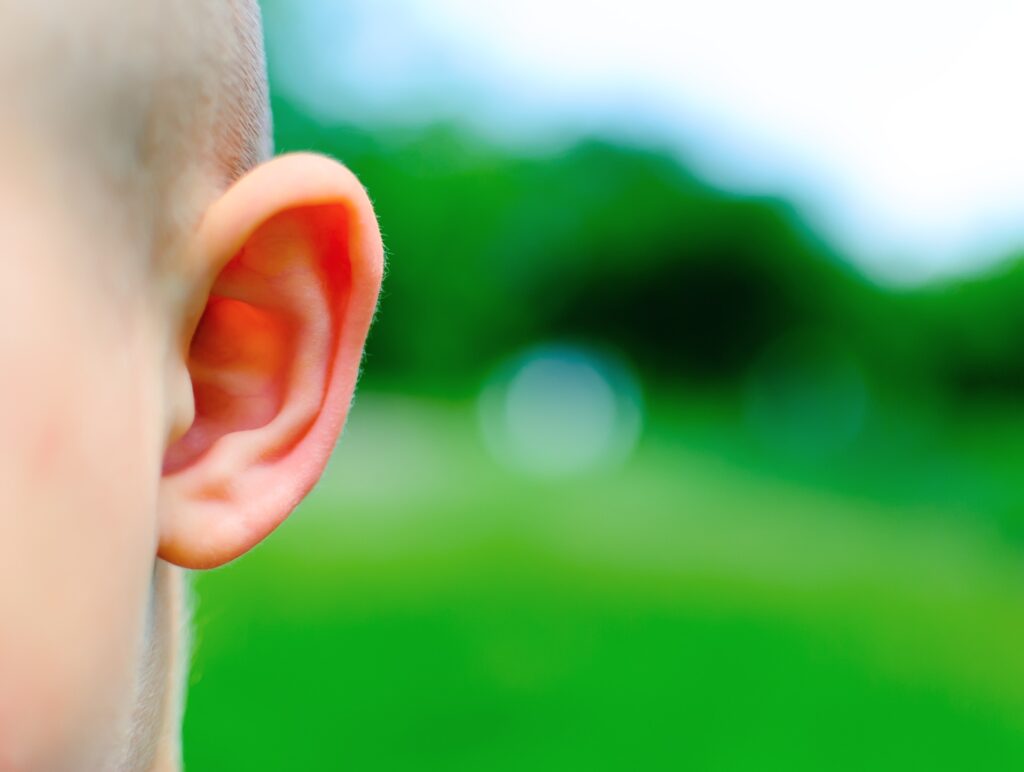
Using hydrogen peroxide as ear drops to treat infections might seem like a harmless home remedy. However, this can lead to ear canal irritation and, in some cases, damage the delicate structures inside the ear. If you suspect an ear infection, it’s best to consult a healthcare professional for appropriate treatment.
8. Toothpaste on Pimples
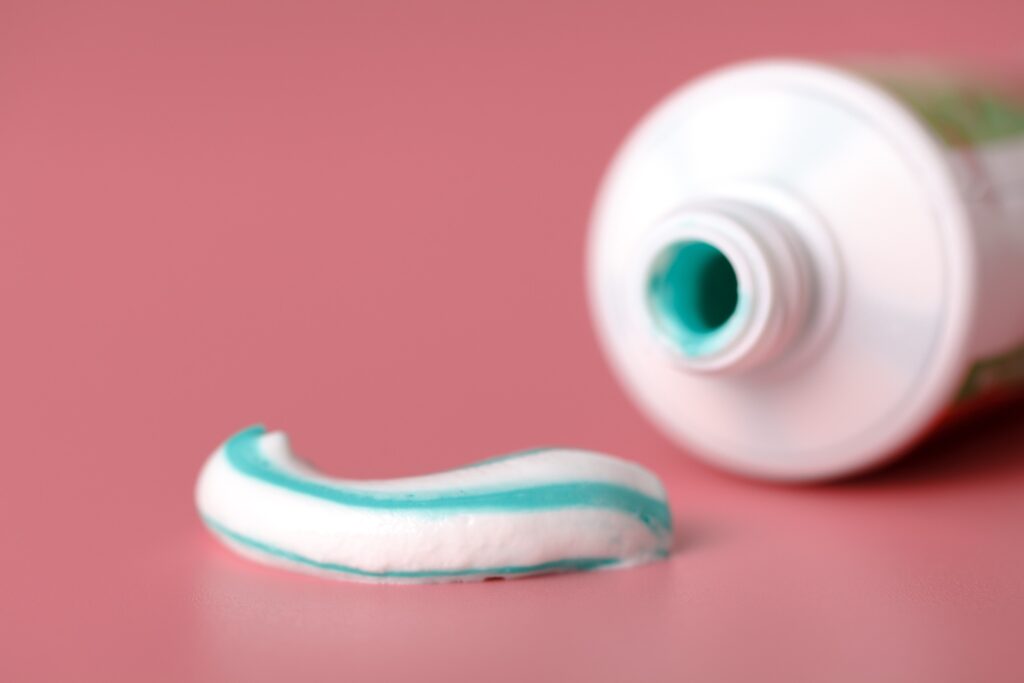
Applying toothpaste to a pimple is a common quick fix, but it can cause skin irritation and even chemical burns. Toothpaste contains ingredients not intended for skin application and can disrupt the skin’s natural barrier. Opt for acne treatments specifically designed for skin application instead.
9. Urine Therapy
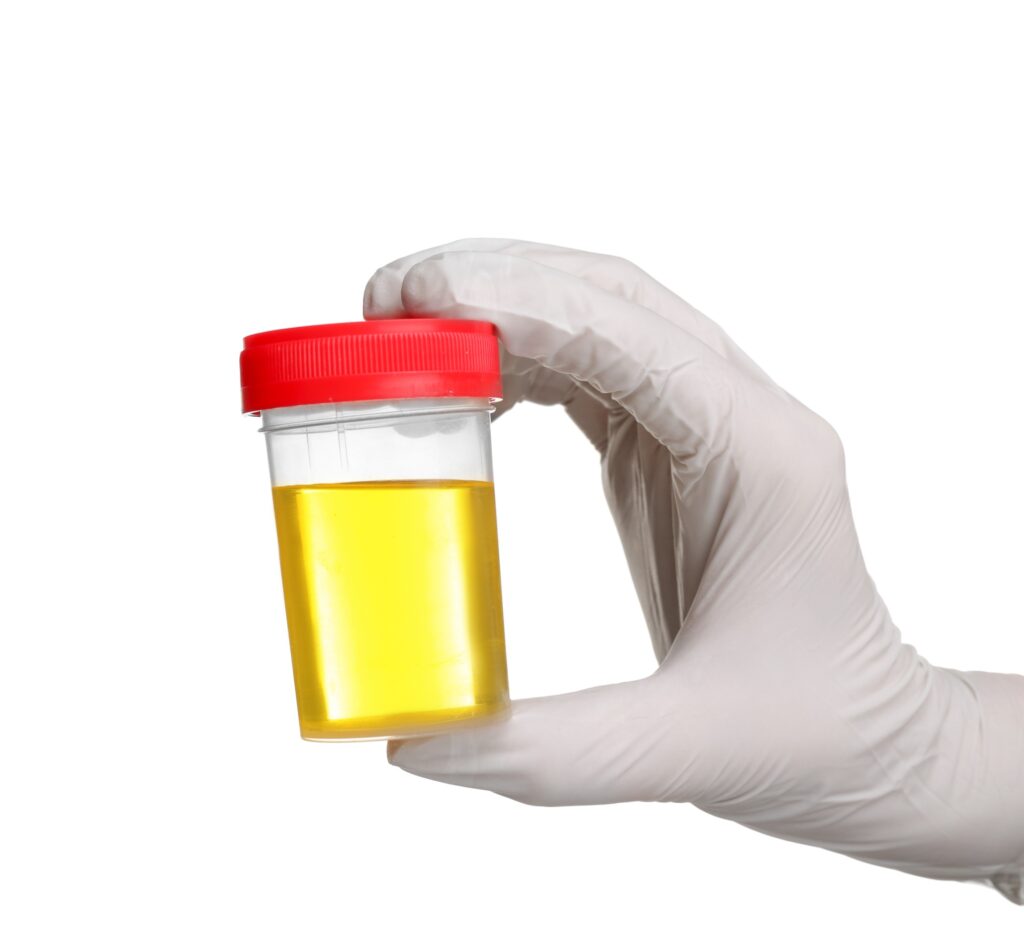
The practice of using urine for medicinal purposes, known as urine therapy, is a highly controversial and largely debunked remedy. There is no scientific evidence to support its effectiveness, and it poses significant health risks, including the introduction of harmful bacteria into the body’s system. It’s crucial to seek evidence-based treatments for health issues rather than resorting to such extreme measures.
10. Detox Teas and Fasts
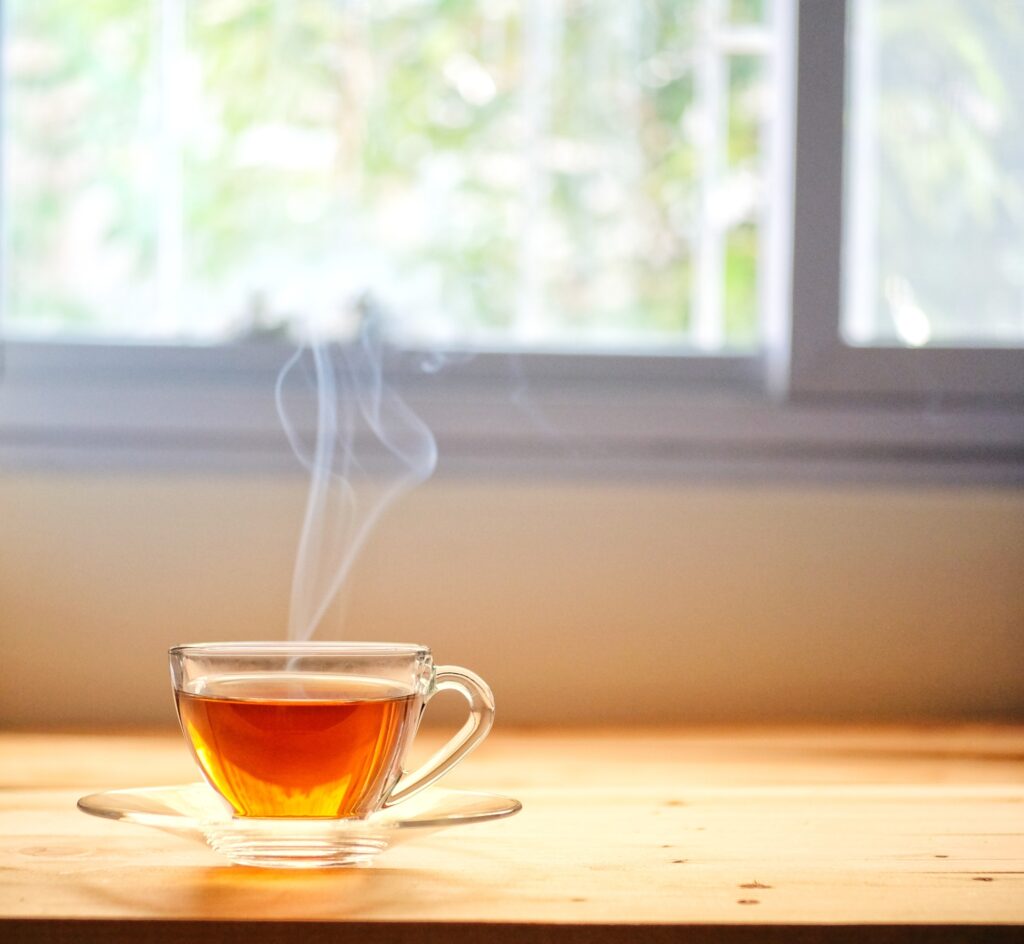
The trend of detox teas and fasting for health improvement and illness recovery lacks substantial scientific support. These practices can lead to dehydration, nutrient deficiencies, and metabolic disruptions. It’s important to maintain a balanced diet and stay hydrated, especially when your body is fighting an illness.
11. Coffee Enemas
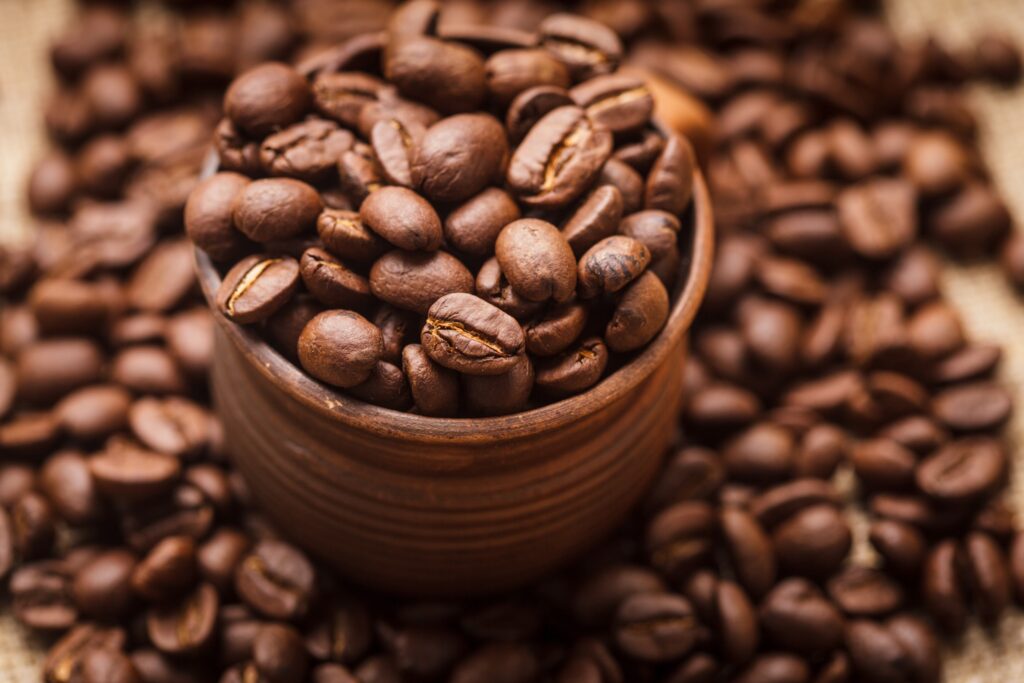
Coffee enemas, often promoted for detoxification and health benefits, carry significant risks, including bowel perforation, electrolyte imbalance, and infections. The purported health benefits of coffee enemas are not supported by scientific evidence, making them a risky and unnecessary practice.
Home Remedies Aren’t Always Safe
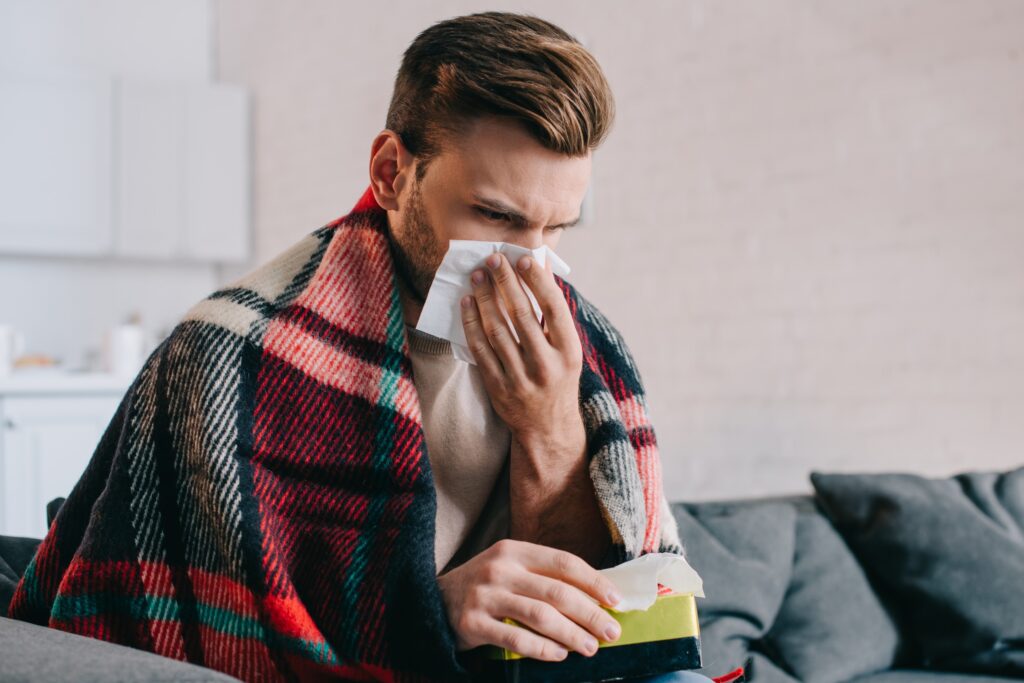
In conclusion, while the desire to use natural and accessible remedies is understandable, it’s crucial to prioritize safety and efficacy. Many home remedies lack scientific support and can even pose serious health risks. Always consult healthcare professionals before trying new treatments, especially when you’re sick. Trusting in evidence-based medicine and professional advice is the safest way to ensure your health and well-being.